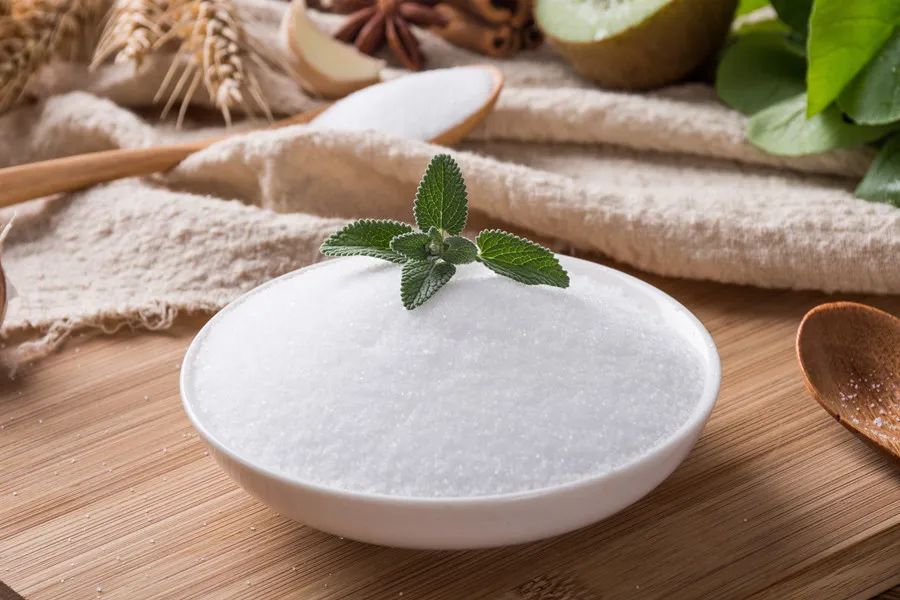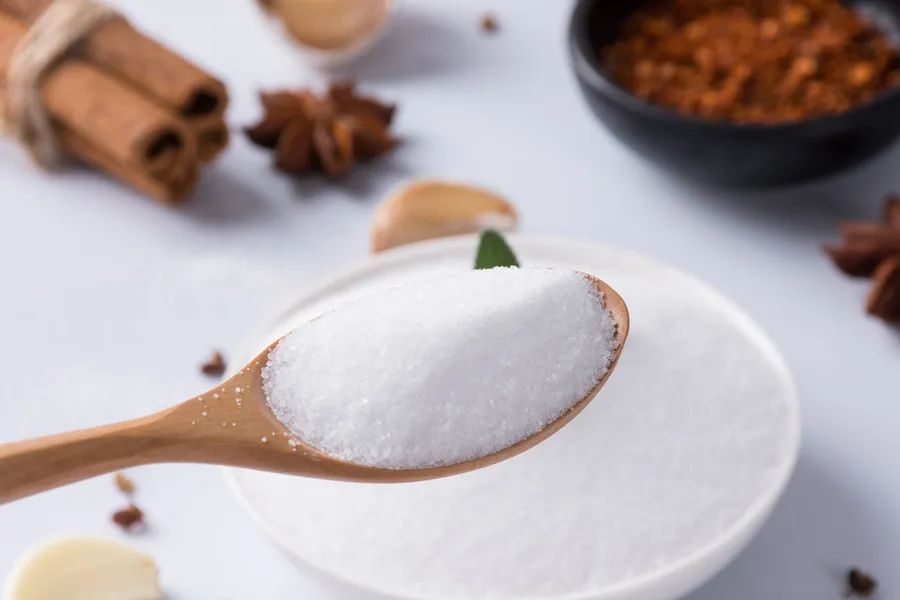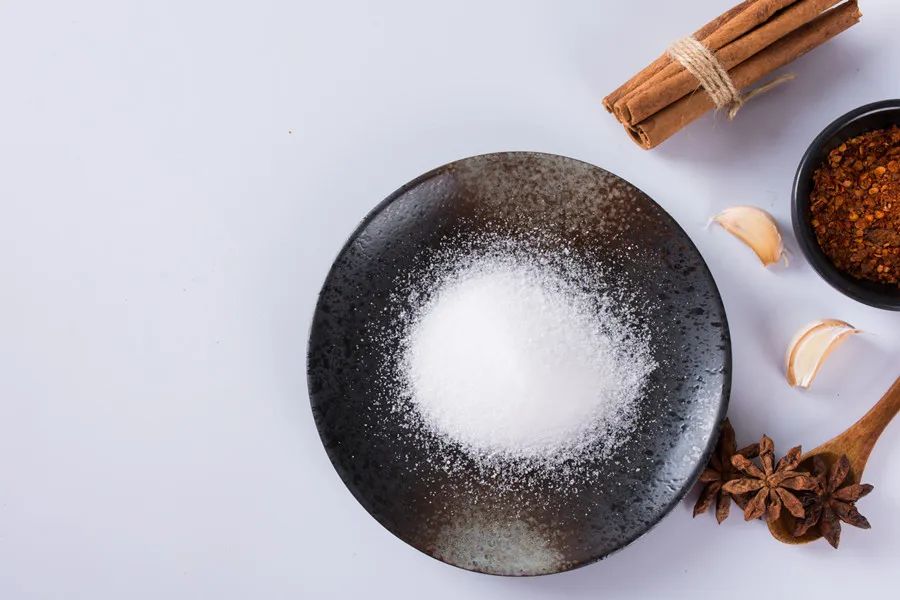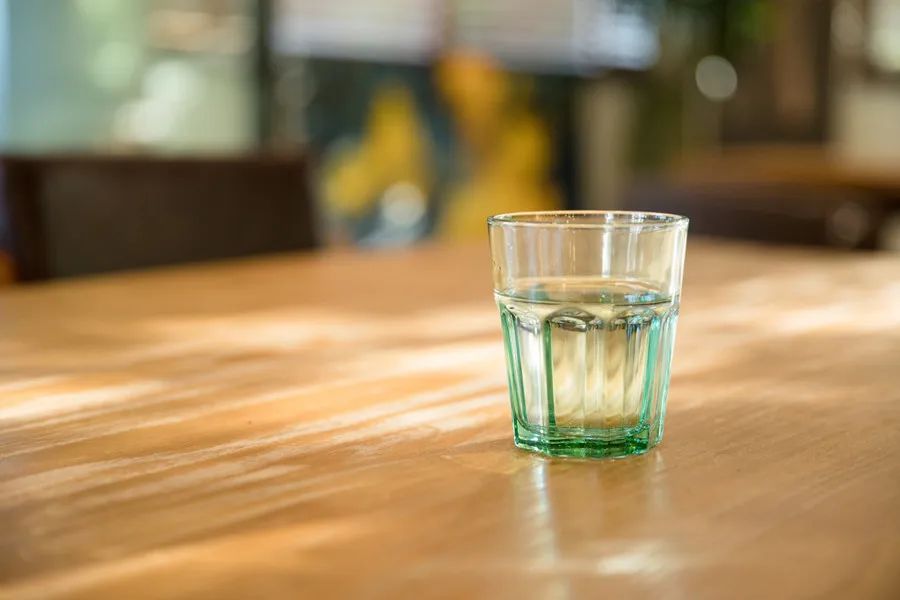Salt: An Excellent Traditional Chinese Medicine
Salt: An Excellent Traditional Chinese Medicine for Everyday Ailments
Salt is widely regarded today as merely a “seasoning,” and it is often associated with health concerns such as hypertension. But is salt truly the “villain” it is sometimes made out to be?
Among the Five Flavors, Salt is Irreplaceable
In China, salt has a long history of use, dating back to the time of oracle bone inscriptions. By the Zhou dynasty, people had discovered that salt was not only essential for daily life but also had medicinal and therapeutic properties.
The Zhou Li (Rites of Zhou) contains one of the earliest mentions of salt's medicinal value with the phrase “nourishing the veins with salt.” During the Ming dynasty, the book Tiangong Kaiwu affirmed the critical role of salt in human health. It noted that short-term absence of other flavors—such as sour, sweet, bitter, or spicy—does not significantly affect health. However, a lack of salt leads to fatigue and weakness.
Thus, salt has been called "the foremost of the five flavors" and "the head of all tastes." Even modern medicine recognizes its importance in maintaining metabolic functions in the human body.
Salt as a Valuable Chinese Medicinal Herb
Salt holds a prominent place in traditional Chinese medicine (TCM).
Historical Texts
Remove wind-related ailments
Kill parasites
Brighten the eyes
Clear skin toxins
Harmonize internal organs
Strengthen the body
Induce vomiting
Cool the blood
Detoxify toxins
Nourish the kidneys
Direct internal heat downward
Moisten dryness and dispel wind
Clear heat and eliminate dampness
In the Shennong Bencao Jing (The Divine Farmer's Materia Medica), the earliest known Chinese pharmacopoeia, salt is classified as a “medium-grade” herb. Its properties are described as salty and cold, entering the stomach, kidney, and large and small intestines. It is said to:
Bencao Shiyi (Supplementary Records of Materia Medica) further notes salt's abilities to:
Modern Inclusion in Chinese Pharmacopoeia
Clearing heat
Cooling the blood
Improving eyesight
The Chinese Pharmacopoeia includes "Da Qing Yan" (a type of medicinal salt), describing its properties as salty and cold, entering the heart, kidney, and bladder meridians. It is effective in:
It is used to treat conditions like vomiting blood, blood in urine, swollen gums, eye inflammation, and conjunctivitis.
Moderate Salt Consumption Can Nourish the Organs
In traditional Chinese medicine (TCM), salt is categorized as salty, one of the five fundamental flavors. When consumed in moderation, these five flavors are believed to harmonize and nourish the five major organs.
1. Salt Stimulates Kidney Energy
The kidneys are considered the root of vital energy (qi) in the body. When kidney energy is weak, individuals may experience symptoms such as shortness of breath, fatigue, dizziness, spontaneous sweating, and cold hands and feet.
Only with robust kidney energy can all organ systems function optimally.
2. Salt Replenishes Heart Energy
Moderate salt intake can invigorate the mind and spirit, keeping the body and limbs active and alert. From a modern medical perspective, sodium is a crucial ion for maintaining the osmotic pressure of extracellular fluid. Prolonged lack of salt can lead to physical weakness, dizziness, and fainting. Hence, salt is essential for human survival.
Salt Can Nourish or Harm the Organs
While consuming salt is necessary, excessive intake can be harmful.
TCM posits that while salt can nourish the organs, overconsumption can damage them.
In moderation, salt can:
Nourish kidney water
Generate liver blood
Reduce heart fire
Regulate spleen energy
Stabilize lung metal
Excessive intake, however, can:
Deplete kidney essence
Trigger liver fire
Suppress heart energy
Damage spleen yang
Injure lung energy
Particular caution is advised for individuals with underlying health conditions.

Insights from Ancient and Modern Medicine
The Bencao Beiyao (Essentials of Materia Medica) cautions that excessive salt consumption can harm the lungs, cause blood disorders, and lead to persistent thirst.
Modern medicine similarly warns that excessive salt intake can lead to hypertension, osteoporosis, kidney damage, and other health issues. Both the World Health Organization (WHO) and the Dietary Guidelines for Chinese Residents recommend limiting daily salt intake to no more than 5 grams.
It’s also important to account for hidden salt in condiments like soy sauce, oyster sauce, fish sauce, fermented bean paste, miso, pickles, and kimchi. To calculate salt content from nutrition labels, divide the sodium content (in milligrams) by 400 to determine the equivalent amount of salt (in grams).
Common Ailments That Salt Can Help With
In daily life, properly using salt can effectively address some minor health issues. Here are practical methods worth trying:
1. Rinse with Saline Water to Relieve Toothache
Salt's cooling nature helps treat heat-related conditions. Its salty flavor benefits the blood, making it effective for toothaches caused by wind-heat, bleeding gums, or sore throats due to heat.
From the Ancient Text: Qian Jin Fang recommends rinsing with warm salt water daily for tooth and gum health.
How to Use: Rinse with a 1:100 saline solution for heat-related toothaches or sore throats (when your throat feels like it's "on fire"). Avoid swallowing.
2. Soak Feet in Saltwater to Prevent Colds
Adding salt to warm foot baths helps nourish the kidneys and promote restful sleep. Salt enhances circulation and supports heart and kidney health.
For Colds: Use slightly warmer water, soak until lightly sweating, and avoid burns.
3. Steam Orange with Salt to Relieve Hot Cough
Salt-steamed oranges help with coughs characterized by inflamed throat, yellow phlegm, and dry mouth. This remedy also aids in appetite loss and abdominal discomfort.
How to Prepare:
Take one orange and 1/3 tsp salt.
Soak the orange in salt water, cut off the top, and sprinkle salt on the flesh.
Poke holes with chopsticks, steam for 10 minutes, then eat the orange and drink the juice.
4. Use Salt for Hot Compresses to Relieve Pain
For pain caused by cold exposure or blood stasis (e.g., menstrual cramps), hot salt compresses enhance circulation, disperse cold, and relieve pain.
How to Use: Heat coarse salt in a clean pan, place it in a cloth bag, and apply it to the painful area. Avoid excessive heat to prevent burns.
5. Wash Nasal Passages with Saline to Prevent Allergies
Using saline and a nasal irrigator can flush allergens from the nasal mucosa, reducing allergy symptoms.
6. Treat Oral Issues
Rinse with saline to freshen breath and relieve chronic pharyngitis pain.
Apply a mixture of eggplant root and salt to relieve toothaches.
7. Manage Skin Conditions
Soaking in a saltwater bath can ease eczema.
Rubbing salt on chilblains can help heal them.
Applying powdered salt can treat athlete's foot.
Washing hands and feet with saline after working in muddy fields prevents dermatitis.
Rinse armpits with saline to combat body odor.
Frequent saltwater foot soaks can reduce foot odor.
8. Beautify Skin
Salt cleanses and smoothens skin.
For Acne: Mix 1 tsp salt with ½ tsp vinegar in warm water. Apply to the face daily.
For Whitening: Blend salt, almond powder, and water to make a paste. Apply twice weekly.
For Scalp Health: Rinse hair with saline to reduce dandruff and hair loss.
9. Suppress Cough and Induce Vomiting
Rinse with 1:100 saline for sensitive coughs.
For mild food poisoning or alcohol-induced nausea, drinking strong saline induces vomiting and reduces symptoms.
10. Treat Athlete's Foot
Rubbing salt on affected areas and massaging for 5–6 times, followed by rinsing, can kill bacteria and reduce inflammation.
11. Soothe Dry Throat and Bleeding Gums
Rinse with saline in the morning to alleviate throat dryness, minor pain, and gum swelling or bleeding.
12. Improve Vision and Treat Eye Issues
Rinse eyes with saline to clear sand-like irritation or inflammation.
Use saline-soaked cotton to reduce redness and swelling.
13. Ease Hangovers
Drinking a small amount of saline water can refresh and relieve dizziness or vomiting caused by overdrinking.
Ancient Reference: The Emergency Formulas to Keep Up One’s Sleeve suggests taking salt before drinking to prevent drunkenness.

Everyday Clever Uses for Salt
1. Make Noodles More Chewy
Adding a pinch of salt to the water before boiling noodles makes them smoother, chewier, and less likely to stick together.
2. Clean Fruits
When washing fruits like strawberries or mulberries, adding salt helps clean hard-to-reach areas and effectively removes pesticide residues.
3. Prevent Oil Splatter
Sprinkling a little salt in the pan before adding oil can reduce splattering when the oil heats up.
4. Speed Up Defrosting
Sprinkling salt on frozen meat can double the defrosting speed, saving valuable cooking time.
5. Easily Remove Fish Scales
Soaking fish in saltwater makes scales much easier to scrape off. When cutting fish, rubbing a bit of fine salt on your fingers prevents slipping.
6. Keep Greens Vibrant
Adding a bit of salt when blanching spinach or other leafy greens helps them retain a bright green color.

